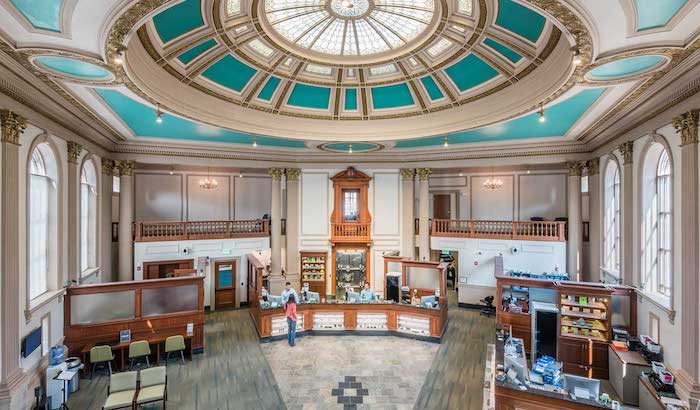
The industry should follow the Community Preservation Act model
Massachusetts voters legalized cannabis in the state by approving Ballot Question 4 in 2016. One of the arguments for legalization was that Black people were being arrested and sentenced at disproportional rates for possessing small amounts of marijuana for personal use, and that their criminal records had a major impact on their ability to pursue education, jobs, and housing options.
As the Massachusetts Cannabis Control Commission notes, the CCC “is committed to encouraging and enabling full participation in the marijuana industry by people from communities that have previously been disproportionately harmed by marijuana prohibition and enforcement, and to positively impact those communities. These efforts include the development of policies and procedures in addition to the Social Equity Program (SEP) and the Certified Economic Empowerment Priority Applicant status.”
Another justification for legalizing the recreational use of cannabis was that it would produce significant tax revenues that could be used to support social programs. Initially, the ballot question set January 2018 as the date for retail sales to begin, but lawmakers later enacted a bill that set tax rates and delayed sales for six months. Although the ballot question specified a state excise tax of 3.75% on retail sales with a local option to impose an additional excise tax of up to 2%, the legislation upped the…
Original Author Link click here to read complete story..

The industry should follow the Community Preservation Act model
Massachusetts voters legalized cannabis in the state by approving Ballot Question 4 in 2016. One of the arguments for legalization was that Black people were being arrested and sentenced at disproportional rates for possessing small amounts of marijuana for personal use, and that their criminal records had a major impact on their ability to pursue education, jobs, and housing options.
As the Massachusetts Cannabis Control Commission notes, the CCC “is committed to encouraging and enabling full participation in the marijuana industry by people from communities that have previously been disproportionately harmed by marijuana prohibition and enforcement, and to positively impact those communities. These efforts include the development of policies and procedures in addition to the Social Equity Program (SEP) and the Certified Economic Empowerment Priority Applicant status.”
Another justification for legalizing the recreational use of cannabis was that it would produce significant tax revenues that could be used to support social programs. Initially, the ballot question set January 2018 as the date for retail sales to begin, but lawmakers later enacted a bill that set tax rates and delayed sales for six months. Although the ballot question specified a state excise tax of 3.75% on retail sales with a local option to impose an additional excise tax of up to 2%, the legislation upped the…



